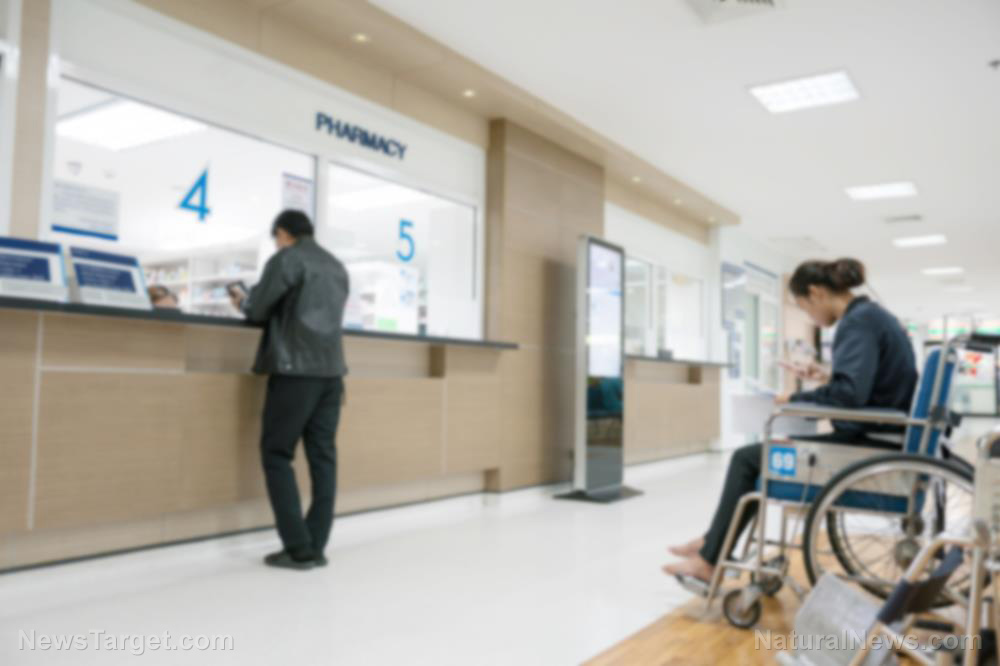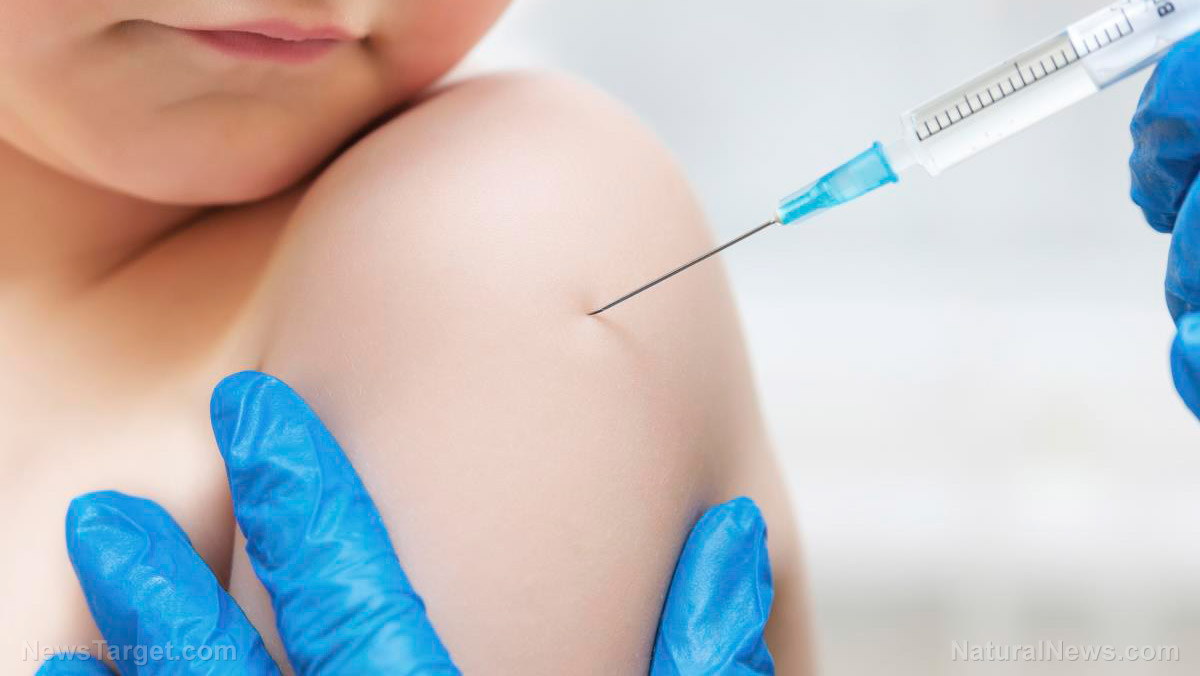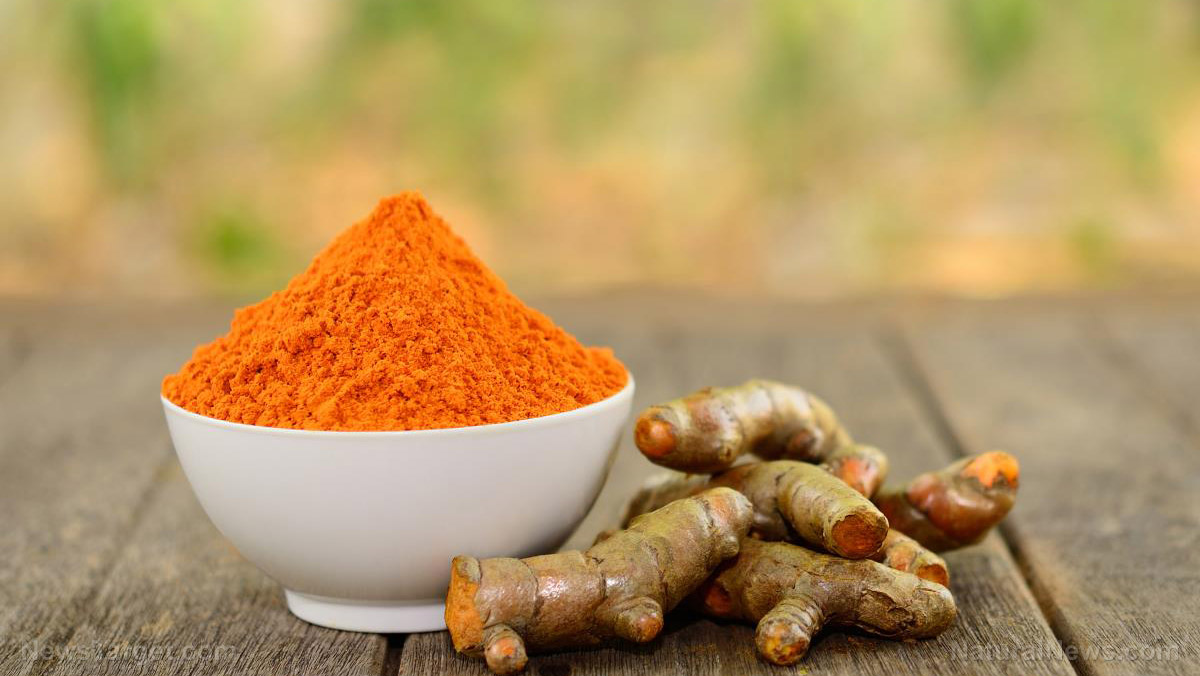What you need to know about MRSA and how to protect yourself from catching it
06/25/2018 / By Zoey Sky

It’s easier to make the necessary preparations for minor medical concerns, like cuts and scrapes, before SHTF. But how do you prepare in advance for a superbug like MRSA? (h/t to ApartmentPrepper.com)
What is MRSA?
Methicillin-resistant Staphylococcus aureus (S. aureus), or MRSA, is a group of bacteria – also referred to as a superbug – that is resistant to common antibiotics like amoxicillin, methicillin, oxacillin, and penicillin. When left untreated, a MRSA infection can be fatal.
There are three kinds of MRSA:
- Community-associated MRSA (CA-MRSA) – CA-MRSA typically infects healthy people. The average age of patients who get CA-MRSA is 23 years old.
- Healthcare-associated MRSA (HA-MRSA) – This form of the superbug spreads in hospitals, long-term care facilities, nursing homes, or other healthcare centers. Patients usually get infected post-surgery, while wearing a catheter, or after receiving treatment in a healthcare facility. The average age of patients who get HA-MRSA is 68 years old.
- Livestock-associated MRSA (LA-MRSA) – As the name implies, LA-MRSA can spread from animals to humans or vice versa. In most cases, it does not cause any health concerns, but infections have been reported. Unlike other kinds of MRSA infections, LA-MRSA isn’t as contagious. However, individuals who live with LA-MRSA positive livestock workers may be “colonized” as well. LA-MRSA can often be found in the nose or on the skin of individuals without causing side effects, effectively colonizing animals or humans. Colonization can be lost after at least three days or more.
Mother Nature's micronutrient secret: Organic Broccoli Sprout Capsules now available, delivering 280mg of high-density nutrition, including the extraordinary "sulforaphane" and "glucosinolate" nutrients found only in cruciferous healing foods. Every lot laboratory tested. See availability here.
While HA-MRSA is more resistant to antibiotics than CA-MRSA, both types may cause severe infections.
To avoid MRSA, take precaution when exposed to the following:
- Contact with skin
- Contaminated surfaces or skin
- Crowding
- Cuts
- Unclean surroundings
Healthy people are at risk of getting infected, especially if they get a small cut or insect bite that’s infected; however, these groups are most susceptible to MRSA:
- Diabetics
- The elderly
- Healthcare workers
- Individuals working at or staying in care centers, dorms, or military installations
- People who frequent the beach where waters carry the bacteria (e.g., beaches in Florida or the West Coast)
- Patients at hospitals or long-term care facilities
- People who use gyms/locker rooms
- People with a compromised/weak immune system
- Young children
There are healthcare professionals who posit that MRSA can be present anywhere, even the nostrils. While this isn’t a cause for concern, the bacteria becomes dangerous when it enters the bloodstream via a cut.
Consult a healthcare professional immediately if you have a wound that’s healing slowly or if you notice the following symptoms:
- An injured area that turns red, painful, and swollen. The injured area may become pus-filled and drainage may occur.
- Other symptoms include chest pain, fever, a headache, and muscle aches.
- Severe symptoms can include chills, difficulty breathing, extreme fatigue, high fever, joint pain, low blood pressure, and severe headaches.
- Once the infection enters the bloodstream it can cause blood poisoning and pneumonia. Other organs can also become infected. (Related: Plant-based antimicrobial compounds offer a variety of alternatives to an over-dependence on toxic synthetic antibiotics that are increasingly less effective.)
How do you prevent MRSA?
To keep yourself and your family safe from MRSA infections, follow the tips below:
- Always wash your hands thoroughly with soap and water. Teach children the proper hand washing technique: when washing your hands, it should last long enough for you to recite the alphabet or sing “Happy Birthday.”
- Do not share towels or razors, especially if you frequent locker rooms.
- Do not touch anyone’s open wounds. Use sterile gloves if you need to dress a wound.
- Refrain from taking antibiotics. Antibiotic overuse only makes bacteria more resistant.
- Sanitize all surfaces when using equipment or machines at the gym.
- Treat burns, cuts, insect bites, or puncture wounds, no matter how small, with a natural antiseptic and cover them with an adhesive bandage.
When disaster strikes, it can be more difficult to treat infections like MRSA. You can prepare for an outbreak by stocking up on the necessary medical supplies like bandages, gauze, hydrogen peroxide, and sterile gloves.
By reading up on infections like MRSA and making the necessary preparations, you can help protect your loved ones even before SHTF.
Read more articles with tips on how to prevent MRSA and other superbugs at Prevention.news.
Sources include:
Tagged Under: antibiotic resistance, Antibiotics, bacteria, CA-MRSA, community-acquired infections, emergency prepping, first aid, gram-positive bacteria, HA-MRSA, healthcare, hospital-acquired infections, infections, LA-MRSA, livestock-acquired infections, Methicillin-resistant Staphylococcus aureus, mrsa, prepping, prevention, Staphylococcus aureus, superbugs, survival




















